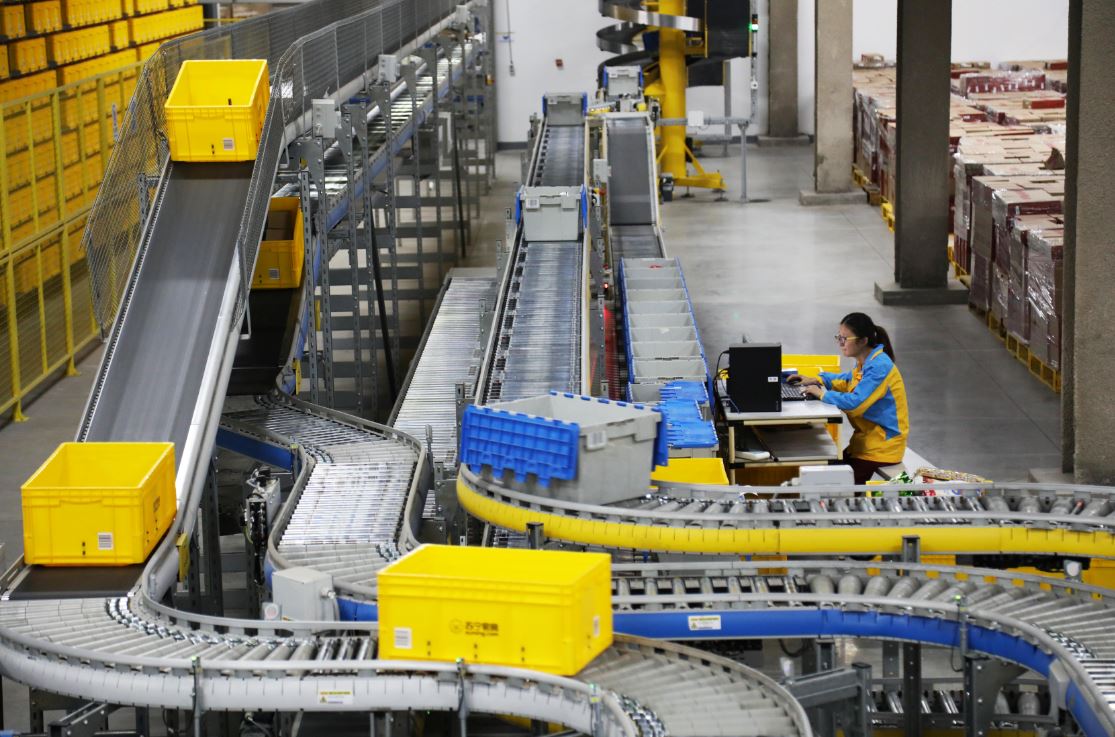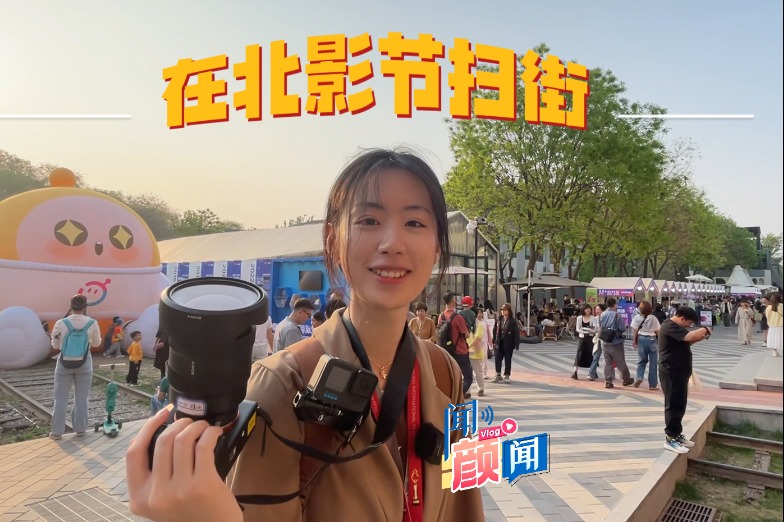Bridging retail in China and overseas markets
By Ren Xiaojin | China Daily | Updated: 2019-09-30 09:42

Besides Italy, Suning has seen fast growth of its retail business in Japan, where it uses various new business models, having acquired a majority stake in the 1930-established Laox Co, a Japanese home appliance chain, in 2009.
On the back of Suning's new strategies such as promoting duty-free sales for foreign consumers, smart retail and commercial property sales, the number of Laox stores soared to 38 in 2018 from five in 2009, with employee number surging from less than 200 to more than 2,000 across Japan. Its sales revenue was 120 billion Japanese yen ($1.1 billion) in 2018.
"Backed by Laox's moves to further strengthen online-to-offline, or O2O, integration of its physical stores, we can conduct direct overseas purchases and bring more popular Japanese products to both China and other foreign countries, such as home appliances and cosmeceuticals through Laox's overseas networks," said Zhang, adding Suning has also introduced Laox stores in Xi'an and Shanghai to bring more Japanese products and services to China.
He said these moves indicate that Chinese firms' participation in the BRI has not limited them to areas like infrastructure and energy development but gave them opportunities to bring foreign products to China in a comprehensive way, expanding the power of New Retail and reaching a win-win outcome in foreign markets, to better share the benefit of globalization.
"When we think about the future, we have to first realize we are already living in the digital age. We have found that consumers in China and many other countries are fairly focused on digital technologies and related products, not just e-commerce but everything in the virtual world," he said.
To fare better in fiercely competitive markets, Suning has partnered with German software company SAP SE. The latter will develop digital technologies to be applied in, or upgrade, e-commerce, logistics, retail and sports, to further integrate artificial intelligence, big data and cloud computing, thereby enhancing Suning's competitiveness.
China's digital economy, which uses internet technologies to reshape industries and enrich people's lives, will be helpful to restructure the economy and enhance development quality amid external uncertainties, especially in the fields of retail, trade and manufacturing, said Guo Xin, a marketing professor at Beijing Technology and Business University.
Modern retail is also being redefined to enlarge sales by digitalizing offline services, empowering consumers via memberships, fashion elements and new consumer finance solutions, as well as gaining new customers through the launch of new online platforms and the addition of new stores, she said.
Suning currently has 250,000 employees. The company is riding China's ongoing consumption upgrade and the e-commerce boom to diversify into the services sector. Government policies to stimulate new growth points in the retail sector are proving to be very helpful, it said.
























